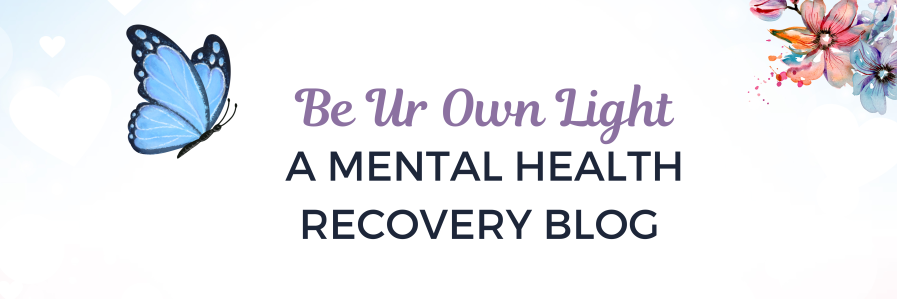
Exercise, including personal training, helps to keep your body healthy and strong. However, did you know that physical activity can also improve your mental health?
Due to the current Covid-19 pandemic, mental health has become an increasingly popular topic of conversation, especially as people have been stuck at home trying to get through the seemingly interminable lockdowns.
So, what are the mental health benefits of exercising?
- You feel a sense of achievement
Exercising on a regular basis can provide you with a sense of pride and satisfaction. Nevertheless, personal training requires:
- Hard work
- Determination
- Perseverance
If you possess these qualities, you will not give up easily and this will enable you to significantly improve your mental wellbeing.
- It can keep you calm
If you have a stressful job or challenging lifestyle, exercising is an excellent way of releasing a lot of the tension. Unfortunately, gyms can be overcrowded and this may even add to your stress. Private studios may be a better option as they only allow a few people in at a time and you will also have the benefit of a personal trainer supporting you. Even if the exercises are intense, the quiet and spacious room will keep you calm and focused.
- A healthy alternative to anxiety and depression
Exercise, especially if performed regularly, can prove effective in helping you fight off anxiety and depression. Indeed, physical activity can work as a standalone treatment or in combination with medication and therapy.
The fantastic thing about exercise is that there are few if any side effects. In addition, compared with taking antidepressants or undergoing psychotherapy, you will not experience any form of stigma.
If you are having some issues with anxiety, exercising regularly can help reduce your tension. One of the main advantages of exercise as a form of treatment for anxiety and depression is that it incurs very few costs. Despite this, it can significantly improve your mental health.
- It can halt or at least delay the onset of cognitive decline
Modern healthcare strategies have increased people’s life expectancy here in the UK. However, there has also been an increase in the number of cases of dementia and cognitive decline. Fortunately, physical activity can help protect you from this type of disease, or at least delay any further decline. Also, a regular workout can reduce your chances of suffering from depression by around 20–30%.
- It will increase your mental resilience
Personal trainers have pointed out that many people tend to quit exercising after their first few days due to a lack of willpower. However, if you give up too easily and don’t stick to the programme, you may develop low self-esteem and depression. If you book sessions with a well-respected personal trainer, they will help you push on so that you go beyond your comfort zone. Indeed, as you get used to the routine, your mental fortitude will also be strengthened.
- Regain your mojo
Your mojo is a quality that will attract people to you, make you successful and give you lots of energy. When people say they have lost their mojo, it means they have lost their enthusiasm and zest for life. Fortunately, a suitably designed training programme can help you regain your mojo.
Personal training supports self-improvement
In general, people like to see if they can improve themselves. Personal training can certainly help in this regard, especially when it comes to self-confidence. When you complete an assigned exercise routine, it gives you the confidence to extend yourself even when confronted by a difficult challenge.
How much exercise do I need?
To achieve the best possible results from your physical activity, you need to do it on a regular basis. The NHS recommends that you perform at least a 2½-hour intense workout every week or 30 minutes of exercise per day. Although this may seem daunting, especially if you are a beginner, as you get used to the routine, it will become much easier.
Physical training is a good start
Bearing in mind the current Covid-19 situation, it is no longer advisable to exercise in a crowded gym. Fortunately, physical training offers you some elbow room. Due to the wide open space, you can focus on doing your exercises with little or no distraction. And, by practising social distancing while you perform your physical activities, you will also gain peace of mind.
Conclusion
As well as looking after your body, it is imperative that you take care of your mind as otherwise, you may potentially find yourself requiring a significant amount of medication or therapy. However, exercise, including physical training, is a healthy way of helping mental health conditions such as anxiety, depression and dementia. You can also obtain some notable benefits from your physical activity, ranging from feelings of accomplishment to regaining your self-confidence. Remember, it is vital that you start exercising as soon as possible in order to improve both your physical fitness and your mental wellbeing.
Note from Eleanor: it is important to note that if you are very unwell, exercise may not feel achievable. Be kind to yourself and look after your energy.



